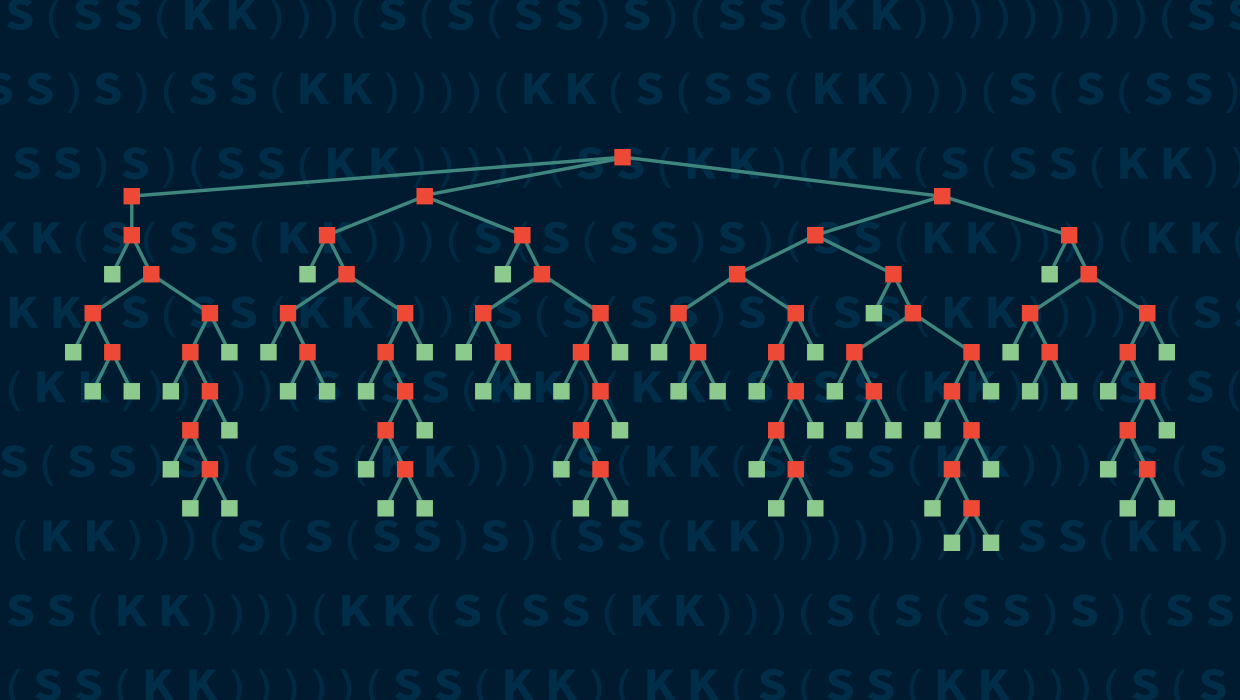
In a landscape teeming with treatises on computation, Stephen Wolfram’s “Combinators: A Centennial View” emerges as a lustrous gem that elegantly straddles the line between art and science. Not only is it a visually captivating piece, but it also provides an insightful excavation into the foundational stratum of computational theory. As someone deeply involved in the intricacies of compiler design and the theoretical edifice of lambda calculus, I found this book particularly illuminating.
Esthetic Excellence
The first impression one derives from Wolfram’s magnum opus is that of sheer aesthetic splendor. Its production quality is seldom encountered, with meticulous attention paid to typography, layout, and graphic design. Such esthetic rigor is not mere window dressing but serves as an enigmatic prelude to the rich theoretical tapestry that unfolds page after page.
Conceptual Depth
The crux of the book lies in its penetrating analysis of combinators, an abstraction with a century-long lineage that continues to be relevant in the modern lexicon of computation. Wolfram dissects their historical trajectory, syntactic peculiarity, and ontological implications with a precision that only someone of his intellectual calibre could muster.
Implications for Compiler Design
For practitioners in the field, particularly those, like me, who are working on esoteric yet profoundly impactful projects like lambda-calculus compilers, this text serves as a beacon. My ongoing project λ.c is aimed at transmuting theoretical constructs into executable code. Wolfram’s book has provided an indispensable theoretical fulcrum, facilitating a deeper comprehension of computational primitives that I intend to implement. You can see below how the S and K combinators will be implemented in λ.c:
K = \x.\y.x
S = \x.\y.\z.(x z)(y z)Conclusion
“Combinators: A Centennial View” is not just a book; it is a multidimensional experience that captivates the mind and stirs the soul. Whether you are a seasoned computational theorist or a budding enthusiast, this magisterial work will not just educate but elevate. Its influence on my work and thinking has been indelible, and I recommend it unreservedly to anyone in quest of intellectual enrichment and aesthetic delight.
Leave a Reply